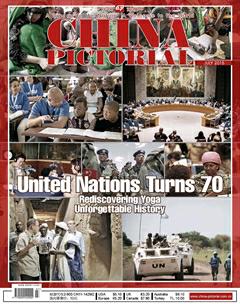Eight UN Heads in 70 Years
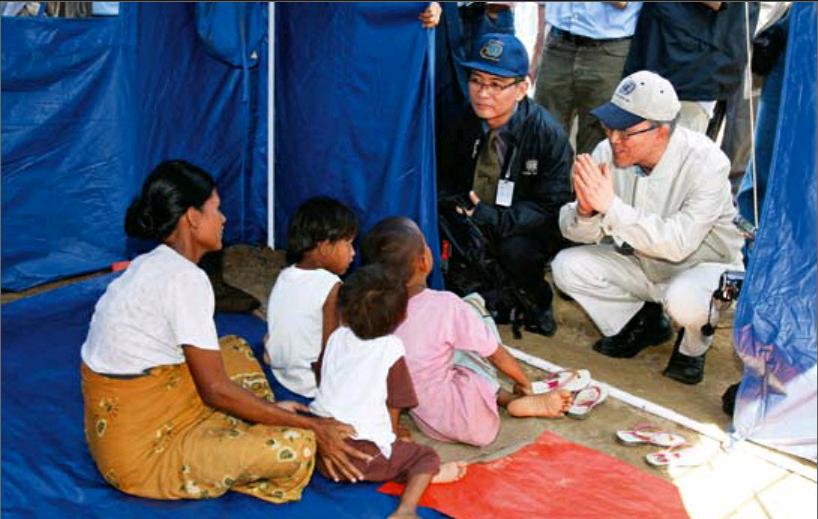
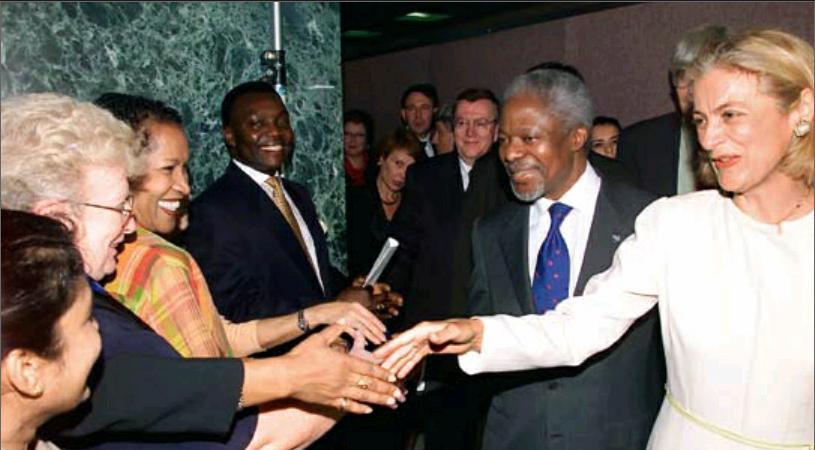
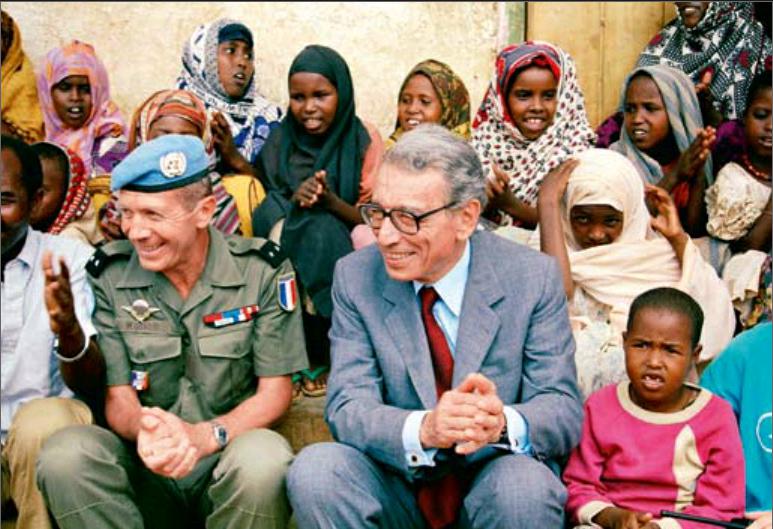
The United Nations consists of six main organs, all of which were defined in 1945 when the UN was established. The Secretariat, one of the main organs of the UN, is organized along departmental lines with each department or office having a distinct area of action and responsibility. At the head of the United Nations Secretariat is the Secretary-General.
The Secretary-General was envisioned by former U.S. President Franklin D. Roosevelt as a “world moderator.” Today, the role is further defined as “diplomat and advocate, civil servant, and CEO”by UN. The UN Charter describes the Secretary-General as “chief administrative officer” of the Organization, who shall act in that capacity and perform “such other functions as are entrusted” to him or her by the Security Council, General Assembly, Economic and Social Council and other United Nations organs. The Charter also empowers the Secretary-General to “bring to the attention of the Security Council any matter which in his or her opinion may threaten the maintenance of international peace and security.”
The Secretary-General is highly dependent on support from the UNs member states, and the leaders personal skills and supporting staff are crucial to his or her success. “The Secretary-General would fail if they did not take careful account of the concerns of Member States, but they must also uphold the values and moral authority of the United Nations, and speak and act for peace, even at the risk, from time to time, of challenging or disagreeing with those same Member States,” declares the UN website.
The UN Charter specifies that the Secretary-General is ap- pointed by the General Assembly upon recommendation of the Security Council. As a result, any selection is subject to veto power of any of the five permanent members of the Security Council. And specific guidelines define term limits and the selection process. These include a limit of two five-year terms, regional(continental) rotation of the appointees national origin, and the restriction that the Secretary-General does not hail from one of the Security Councils five permanent member states.
Over its 70-year history, the UN has been led by eight Secretaries-General, who have stood as spokespersons and agents of United Nations ideals. This month, China Pictorial compiled images to document milestones of the UNs eight Secretaries-General.
Trygve Lie (Norway, served 1946-1953)
The first UN Secretary-General, Lie earned a reputation as a pragmatic and determined politician.
Lie headed the Norwegian delegation to the United Nations conference in San Francisco in 1945 and led the drafting of provisions of the United Nations Security Council. He headed the Norwegian delegation to the United Nations general assembly in 1946. On February 1, 1946, he was elected the first SecretaryGeneral of the United Nations.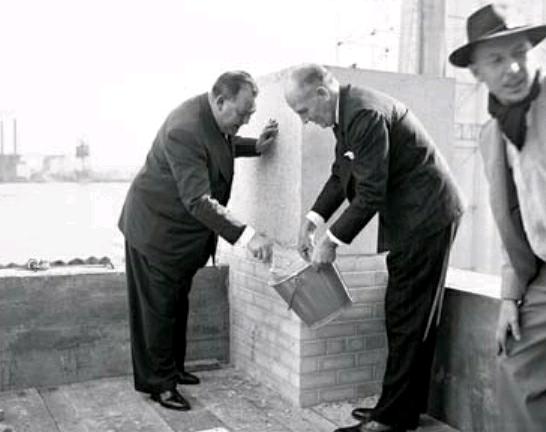
Dag Hammarskj?ld (Sweden, served 1953-1961)
Dag Hammarskj?ld was the youngest of four sons of Agnes(Almquist) Hammarskj?ld and Hjalmar Hammarskj?ld, prime minister of Sweden from 1914 to 1917. He represented Sweden as a delegate to the United Nations in 1949 and again from 1951 to 1953. After receiving 57 of 60 possible votes, Hammarskj?ld was elected SecretaryGeneral of the United Nations in 1953 and reelected in 1957. To better guide his Secretariat of 4,000 representatives, he drew up a set of regulations defining their responsibilities to the international organization of which they were members and affirming their independence from national interests. In 1961, Hammarskj?ld died in a plane crash in Northern Rhodesia (now Zambia).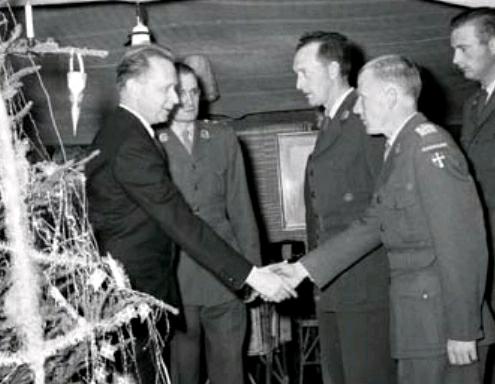
U Thant (Myanmar, served 1961-1971)
The first Asian Secretary-General, U Thant was appointed Secretary-General in 1961 when his predecessor Dag Hammarskj?ld died in a plane crash. In his first term, Thant facilitated negotiations between the U.S. and the former Soviet Union during the Cuban Missile Crisis, helping avert the possibility of a global catastrophe. He was reelected in 1966. In his second term, Thant became well known for publicly criticizing American conduct in the Vietnam War. He oversaw the admission of several newly independent African and Asian states into UN. Thant refused to serve a third term and retired in 1971. He died of lung cancer in 1974.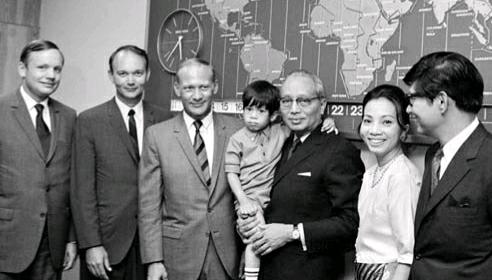
Kurt Waldheim (Austria, served 1972-1981)
Waldheim was the fourth Secretary-General of the United Nations from 1972 to 1981, and the ninth President of Austria from 1986 to 1992. As Secretary-General, Waldheim opened and addressed a number of major international conferences, including the third session of the UN Conference on Trade and Development(Santiago, April 1972), the UN Conference on the Human Environment (Stockholm, June 1972), the third UN Conference on the Law of the Sea (Caracas, June 1974), and the World Food Conference(Rome, November 1974). In 1976, he was reelected.
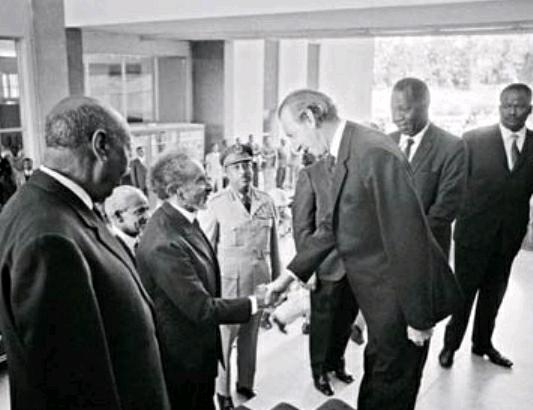
Javier Pérez de Cuéllar(Peru, served 1982-1991)
Javier Pérez de Cuéllar succeeded Kurt Waldheim as Secretary-General and was re-elected for a second term in 1986. During his two terms, he led mediations between Britain and Argentina in the aftermath of the Falklands War and promoted efforts of the Contadora Group to bring peace and stability to Central America. He also interceded in negotiations for the independence of Namibia, the conflict in Western Sahara between Morocco and the Polisario Front, and the Cyprus issue.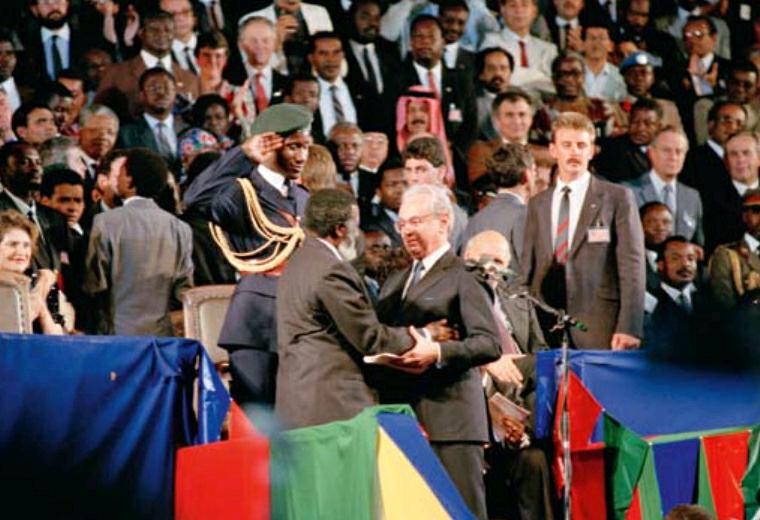
Boutros Boutros-Ghali(Egypt, served 1992-1996)
An academic and former vice foreign minister of Egypt, Boutros Boutros-Ghali oversaw the UN during several world crises, including the break-up of Yugoslavia and the Rwandan Genocide. He was then the first Secretary-General of La Francophonie, an organization of French-speaking nations, serving from 1997 to 2002.
Kofi Annan Ghana, served 1997-2006)
As Secretary-General, Annan placed priority on revitalizing the UN through a comprehensive program of reform, strengthening the organizations traditional work in areas of development and maintenance of international peace and security and advocating human rights. He also took an active role in mobilizing the international community in the battle against HIV/ AIDS, and more recently against the global terrorist threat.
Ban Ki-moon(South Korea, 2007-present)
Ban was the second Asian to be selected as the SecretaryGeneral and is currently serving. Before holding the post, Ban was a career diplomat in South Koreas Ministry of Foreign Affairs and in the United Nations. After he succeeded Kofi Annan in 2007, he quickly passed several major reforms on peacekeeping and UN employment practices. Diplomatically, Ban has taken particularly strong stands on global warming and the Darfur conflict.

